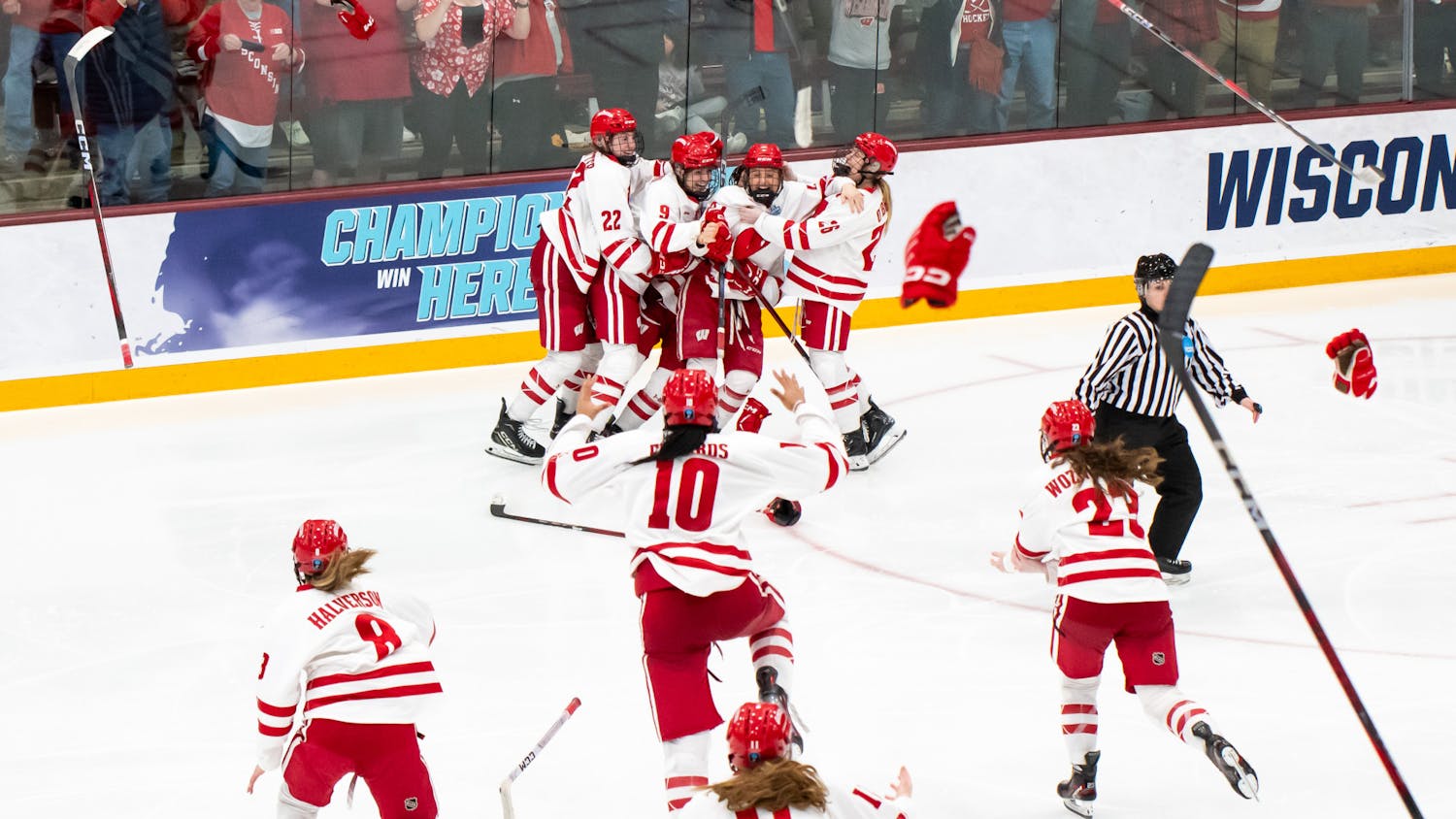Gov. Tony Evers expressed concerns about the University of Wisconsin-Madison’s institutional neutrality policy, discussed the gender divide in politics and shared his confidence in Harris' handling of Israel’s war in Gaza ahead of the Nov. 5 election in an interview with The Daily Cardinal on Thursday.
The governor is unsure of the impact UW-Madison’s recent neutrality policy will have on individual expression. UW-Madison announced their institutional neutrality policy in September, following criticism of previous statements from administration on Israel’s war in Gaza and the encampments last spring. But a spokesperson for UW-Madison previously told the Cardinal that the policy was not a direct response to these events.
“The policy seeks to clarify when and how the university addresses issues with its institutional ‘voice,’ with the goal of limiting statements to situations when UW–Madison is directly affected,” John Lucas, a spokesperson for the university, told the Cardinal Tuesday.
Evers said the university’s lack of discussion on particular topics may affect students’ willingness to participate in “robust,” non-disruptive conversations, something he feels is “healthy” for college campuses.
“I think universities are places where all sides have an opportunity to discuss controversial things,” Evers said.
Evers said it is up to UW-Madison and Chancellor Jennifer Mnookin to figure out how the policy impacts the university weighing in on uncertain topics, such as promoting civic engagement, but emphasized students should play a non-disruptive role in discussion as well. He also expressed doubt that the policy would discourage students from voting on campus.
“I'm a firm believer that we can resolve these things and talk about these things without people interfering with [others’] study or conversation,” Evers said. “I think conversations around difficult topics are really important.”
The policy specifies it only applies to faculty speaking in their “official capacity” or on behalf of the university and makes clear that staff and students maintain the ability to discuss any topic as “private citizens” or “individual scholars.”
Evers addresses the gender divide in politics, recent Mitch McConnell comments
Leading up to the 2024 election, an October survey conducted by the New York Times and Siena College found that the gender gap between party preference has widened as women maintain their yearslong support for the Democrats while men move toward former President Donald Trump. Much of the gender divide is driven by young voters, with polls showing 69% of women ages 18 to 29 favoring Vice President Kamala Harris compared to 45% of young men.
While the Harris-Walz ticket is talking about abortion rights, according to Evers, Trump and his running mate Ohio Sen. JD Vance haven’t, he said men, too, should care about women’s health care.
“Reproductive health is as important to men as it is to women,” Evers said. “I am a male, and I think it's really important that [Harris and Walz] talk about issues of reproductive health.”
U.S. Senate Minority Leader Mitch McConnell recently said the Republican Party has become “unrecognizable” from the Ronald Reagan era. Evers said it’s “sickening” how Tucker Carlson called Trump “daddy.”
“We have people in the Republican Party assuming that Trump is actually somebody that we should put in the same category as our fathers,” Evers said. “I can tell you young people that are Republicans, they don't need another daddy. They need a good president.”
Evers added young Republicans have the right to vote for whoever they want to, but said if they look closely at Trump’s proposals, they are “wrong headed.”
Evers is confident Harris will address Israel’s war in Gaza
Evers also reassured voters who may be hesitant to vote for Harris in the 2024 election after taking a similar policy stance on Israel’s war in Gaza as President Joe Biden.
He said Harris and vice presidential running mate Tim Walz will be the “group to solve” conflict in the Middle East, calling them “great foreign policy people.”
Around 32% of voters in UW-Madison-area wards voted uninstructed, a warning to the Biden administration that sending U.S. military aid to Israel and not pushing for a permanent ceasefire would lose him support among younger voters, a demographic he relied on in 2020 to win Wisconsin.
“Clearly it's not something that there's an easy answer to, but my experience with both of them is that they're going to be right on top of this,” Evers said.
Since launching her campaign in July, Harris has publicly addressed Israel’s war in Gaza with more sympathetic rhetoric toward Palestinians than Biden but has not broken from the Biden administration’s stance on sending military aid to Israel.
Voter turnout on college campuses is crucial for determining the winner of the 2024 Presidential election. Biden beat Trump in 2020 by around 20,000 votes, and there are more than 160,000 four-year students in the UW-System and Marquette University, according to Wisconsin Watch.
Editor's note: this article was updated at 5:01 p.m. CDT on Tuesday, Oct. 29, 2024, to add a statement from UW-Madison.
Iain Chang is a senior staff writer at The Daily Cardinal covering state news and politics.





